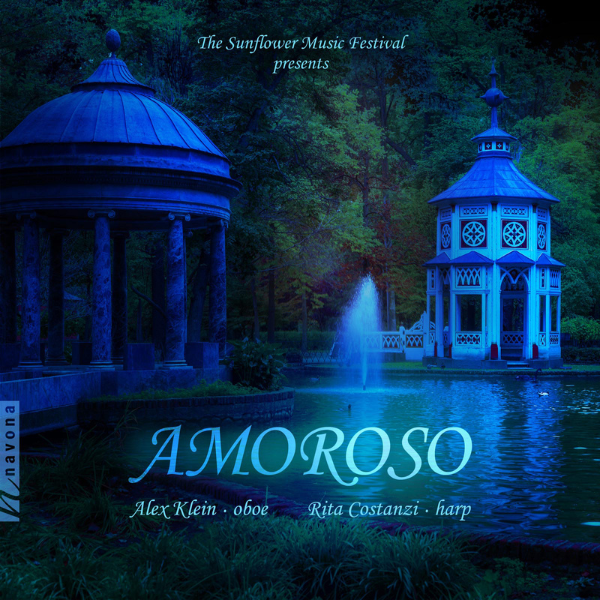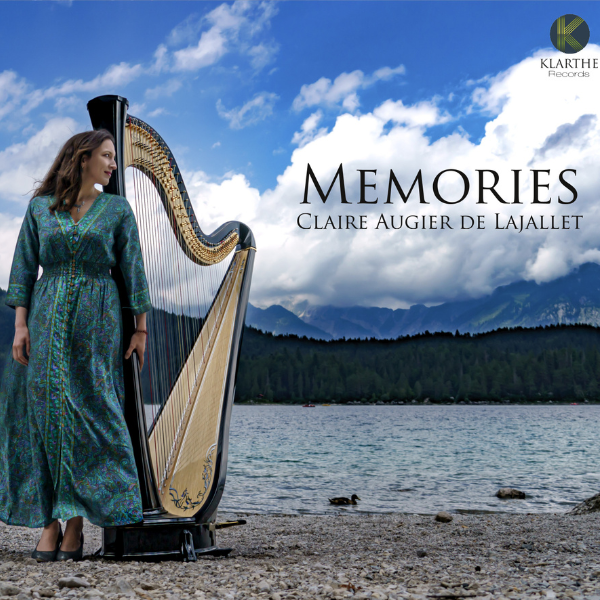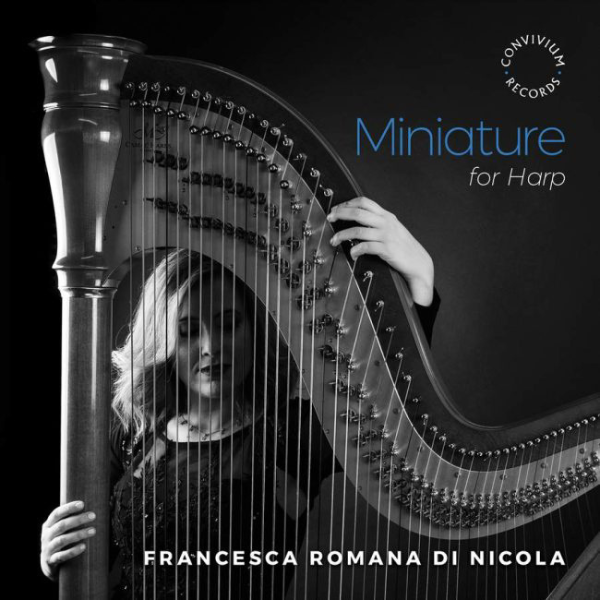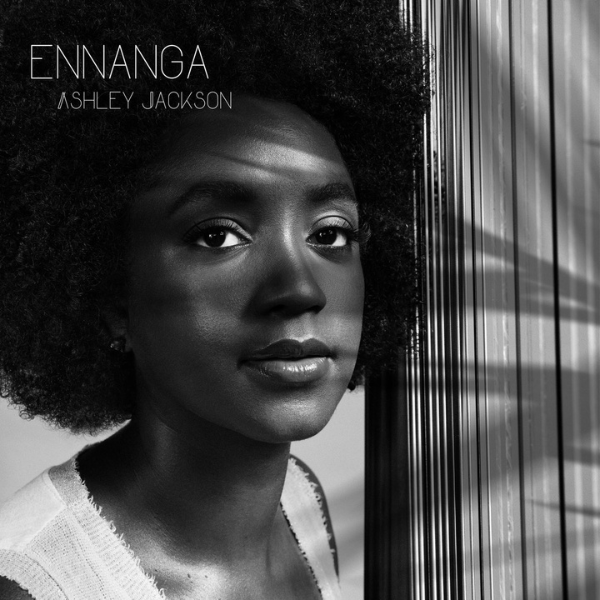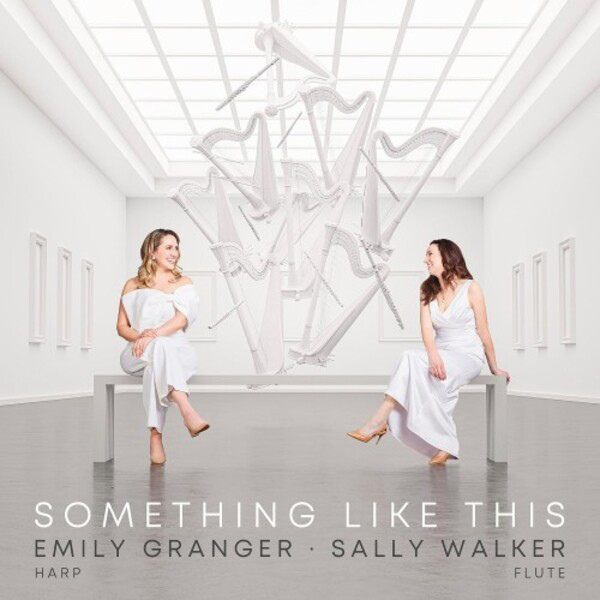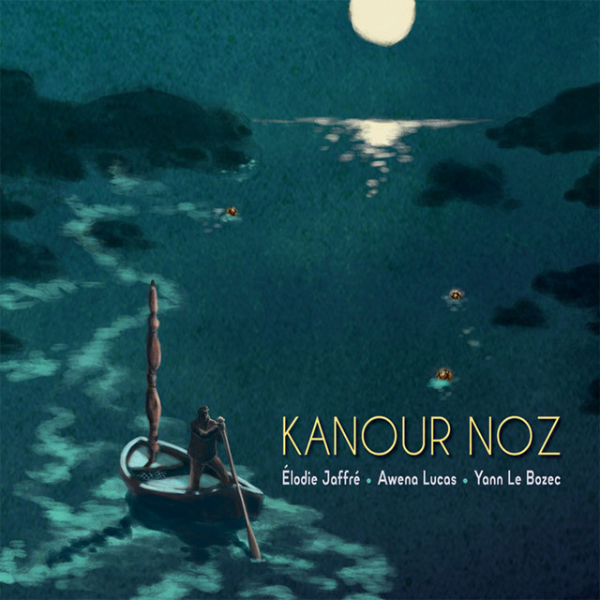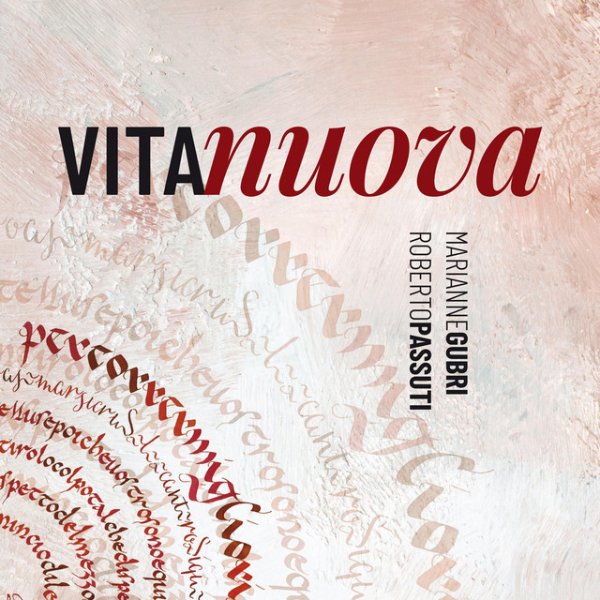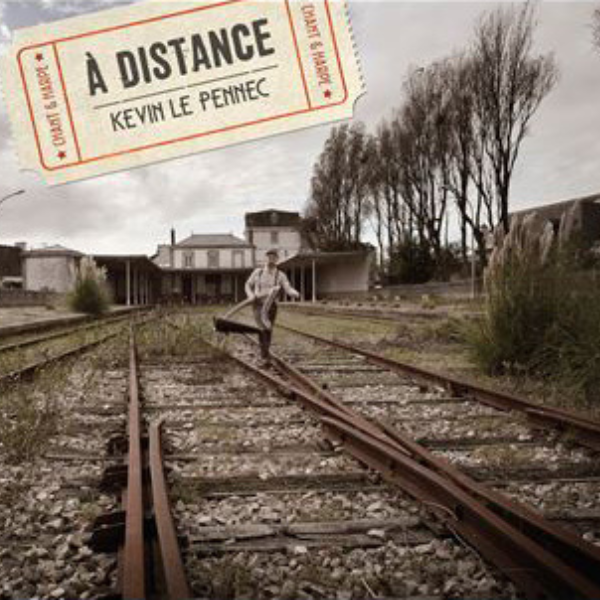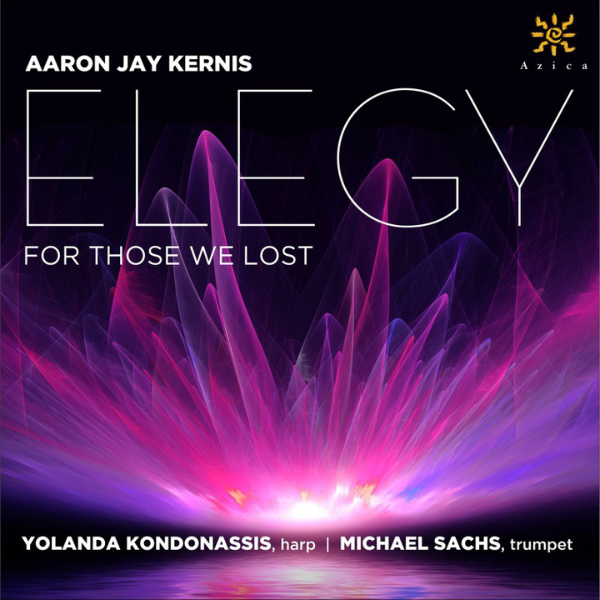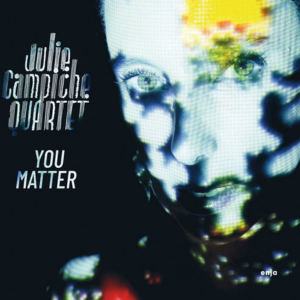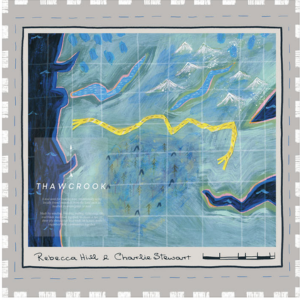
9/10
Alexander Boldachev, harp.
Calliope, 2020.
George Sand, Chopin’s lover, played the harp. And Chopin himself was noted for playing the piano as if his fingers were touching air, rather than depressing keys. While he is credited with inventing an entirely novel pianistic environment, knowing these two facts motivates an artist to investigate the suitability of Chopin’s beloved intimate miniatures played on the harp.
In Swiss-Russian harpist Alexander Boldachev’s ambitious new album, simply titled Frédéric, he answers the question of whether harp adaptations of Chopin can be successful in their own right with a resounding, “Yes!” Boldachev turns to heroes of the past for inspiration—Michelangeli, Pollini, and Horowitz—virtuosi who brought a patrician air to their performances. They were efforts that were filled with atmospheric subtlety and an almost guarded emotion, yet struck the listener as revelations, as though the music was being heard for the first time.
Boldachev admits he knew going in the risks of turning his love of playing Chopin for the sheer joy of it into a recording project. His aim was to create more than a set of “transcriptions,” but rather a rethinking of the unique mood of this poetic genius. Was Chopin’s style animated, for instance, by the piano of his childhood, the so-called “giraffe” or “harp” piano with exposed strings that vibrated overtones much like the harp itself?
Holding this theory in mind, Boldachev’s playing of Nocturne in E Minor, Op. 72, takes on a new life, the haunting melody floating on a languid sea of broken chords, all of one piece as if the tones were touching hands as they passed from one to the next. Playing Boldachev side-by-side with Pollini, the brighter and more expansive timbre of the harp is compelling. Adding to this is the freedom of the notes to ring, requiring no sustain pedal that might distort the sound. Instead, it glows from within, of which Chopin surely would have approved.
Equally captivating is Boldachev’s ease of grand phrase, particularly in the Aeolian Harp Etude in which his clean technique deceives the listener that the strings are not plucked but somehow depressed. This is critically important in the mazurkas, seven of which he’s chosen for the recording. The risk is that the stressed notes and dance quality become fuzzy in an attempt to sound “pianistic.” Instead, Boldachev maintains a tactile and present quality in his touch, emphasizing the character to great effect.
My favorites include Prelude Op. 28, no. 6, in which, for just a moment, I find myself preferring the fragility of the harp, its exposed strings setting the air between soloist and listener vibrating. Likewise, the Fantasie-impromptu in C-sharp minor offers challenges on every level, to perform stunning athletic feats of musical prowess while at the same time creating one long, perfect exhale of beauty. Boldachev makes it sound easy.
Long after Chopin died at such a young age, Sand kept her harp in her home, writing Flaubert, “The wind plays my old harp as it pleases. It has its ups and downs, its strong notes, and its faltering notes; in the end, it is all the same to me as long as emotion comes…”
Allowing Chopin to speak through his harp, Alexander Boldachev reimagines this familiar music, making it fresh and vivid for our ears.





